When choosing a nursing home, families trust that their loved ones will receive proper care and respect in their later years. The thought of this trust being violated is heartbreaking.
Sadly, neglect and mistreatment in nursing homes can result in severe harm or even death. If you have lost a family member in a nursing home under questionable circumstances, seeking answers is mandatory.
A New York Nursing Home Death Lawyer can help you understand what went wrong and determine whether someone is accountable under New York law.
Schedule a Free Case Evaluation
New York Nursing Home Death Guide:
- New York Laws and Nursing Home Responsibilities
- Signs of Negligence or Wrongdoing in Nursing Homes
- What to Do After Suspecting Nursing Home Negligence
- Compensation in New York Nursing Home Death Cases
- How Staffing Ratios and Employee Turnover Affect Care Quality
- Winning the Battle Against Insurance Companies
- What Lawyers Do to Protect Your Rights
- Take the First Step Toward Justice
Why Choose Queller Fisher as Your New York Nursing Home Death Lawyer
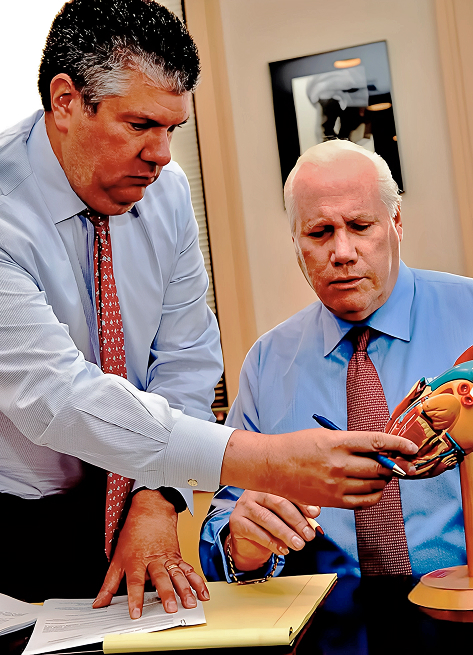
Losing a loved one due to suspected nursing home negligence can leave you feeling lost and searching for answers. Choosing the right advocate is one of your most important decisions.
Although legal outcomes cannot change the past, they can hold facilities accountable and help prevent future tragedies.
Here’s why our firm is uniquely qualified to assist families like yours:
- Legal focus - Over the decades, we’ve built a track record of handling wrongful death cases with the precision and skill required in New York courts.
- Deep knowledge of nursing home laws - We understand the specific statutes and regulations governing nursing home care in New York.
- Compassionate counsel - We know these cases are sensitive and approach every client with respect and empathy.
- Proven track record of success - $1 billion recovered for clients underscores our dedication and commitment to justice.
- Personalized representation - Every family’s story is unique, and we tailor our approach to meet your specific needs.
New York Laws and Nursing Home Responsibilities
Nursing homes in New York have a legal duty to ensure residents’ well-being and safety, as defined by state and federal regulations. The New York State Department of Health enforces stringent laws ensuring proper medical care, adequate staffing, and prevention of abuse or neglect.
Yet, nursing facilities sometimes prioritize profit over quality care. Common violations include:
- Neglect
- Improper supervision
- Failure to meet health and safety standards
When these actions lead to a resident’s death, the facility can be held legally accountable. Under New York law, filing a wrongful death claim allows families to seek justice for the irreparable loss caused by such egregious breaches of trust.
Signs of Negligence or Wrongdoing in Nursing Homes
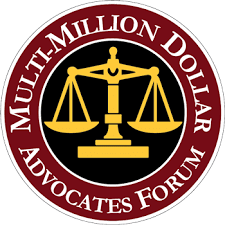
Families often suspect negligence after a loved one’s death, but may struggle to identify concrete evidence.
Being vigilant about these common signs can help reveal potential wrongdoing:
- Unexplained injuries, such as bruises or fractures.
- Rapid decline in health without a medical explanation.
- Signs of dehydration or malnutrition, like weight loss or confusion.
- Lack of medical records detailing a resident’s care.
- Unsanitary conditions in the nursing home.
- Reports of physical or verbal abuse by caregivers.
If any warning signs sound familiar, seeking legal advice is the first step in determining whether negligence was a factor. It’s challenging to find answers alone, which is why professional guidance is vital during this difficult time.
What to Do After Suspecting Nursing Home Negligence
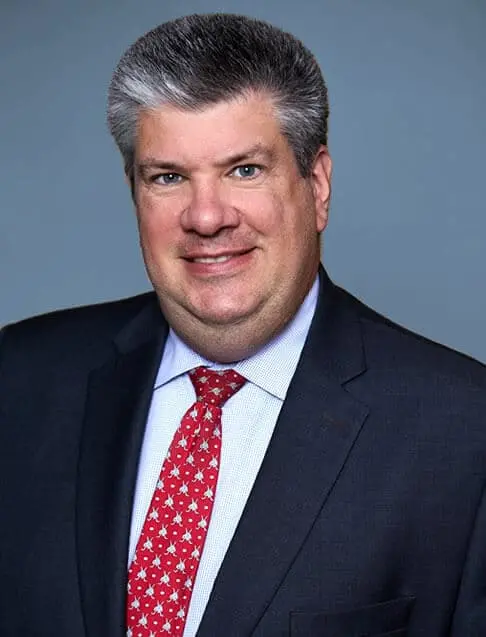
The days and weeks after losing a loved one in a nursing home can feel overwhelming, but taking specific actions can strengthen your case. These measures can preserve key evidence and give you a clearer sense of the following steps:
Document everything
- Write down details, including dates and times of suspicious events.
- Collect photos of injuries, unsafe conditions, or neglected areas.
- Keep a record of all communication with the nursing home.
Request medical and facility records
- Ask for your loved one’s medical charts and treatment history.
- Obtain staffing logs, inspection reports, and care plans.
Interview other residents or visitors
- Speak with other witnesses who may have noticed signs of mistreatment.
Leave no details unexamined
- Look into whether the facility had past violations or lawsuits.
Seek legal advice promptly
Consult a qualified attorney to begin investigating your case.
These actions safeguard critical evidence and empower you with knowledge when you’re ready to pursue justice.
Compensation in New York Nursing Home Death Cases
Pursuing legal action for a nursing home death is about more than financial compensation; it’s about holding the responsible parties accountable for their actions.
Under New York law, families of deceased nursing home residents may receive compensation to alleviate the financial and emotional toll of their loss.
Here’s what a wrongful death claim might cover in New York State:
Medical expenses
Costs incurred for treatment before death.
Funeral and burial costs
Reasonable expenses for laying your loved one to rest.
Loss of income
If the victim provided financial support to surviving family members.
Loss of benefits
Healthcare or retirement benefits tied to the deceased’s income.
Pain and suffering
Compensation for the physical and emotional pain endured by the resident before passing.
Loss of companionship
Addressing the emotional void left behind for family members.
Taking legal action might feel overwhelming during such a difficult time, but securing compensation can provide a sense of justice and financial security for your family’s future.
How Staffing Ratios and Employee Turnover Affect Care Quality
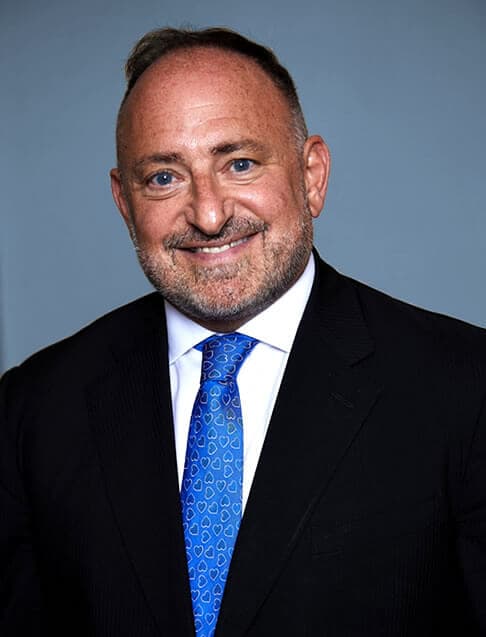
When families entrust a nursing home with the care of a loved one, the expectation is simple yet profound: that their relative will be treated with dignity, compassion, and the highest standard of care.
However, understaffing and high employee turnover can quietly undermine these expectations, creating conditions ripe for negligence or even abuse.
Why staffing ratios matter
Staffing ratios in nursing homes refer to the number of caregivers available per resident. The lower the ratio, the fewer staff members there are to assist each resident.
This affects several aspects of care, from basic hygiene and nutrition to medical attention and emotional support.
Consequences of poor staffing ratios
When nursing homes lack adequate staff, residents often suffer as a result.
Here’s how improper ratios might manifest in day-to-day care quality:
- Missed regular hygiene and care routines
Residents depend on staff for personal hygiene activities, such as bathing, brushing teeth, and changing bedding. A strained staff may not meet these daily needs, leading to discomfort or health problems like pressure sores or infections. - Delayed medical attention
Staff shortages often mean fewer opportunities for caregivers to observe residents closely for signs of medical distress. Minor issues can go unnoticed until they escalate into major health crises. - Neglect during mealtimes
Residents with physical or cognitive limitations may need help eating and drinking. Insufficient staff can result in missed meals or dehydration, exacerbating existing medical conditions. - Limited emotional connection
A lack of time and resources might force staff to focus solely on physical needs, ignoring the emotional and social aspects of care that are crucial for a resident's well-being.
How turnover impacts residents
- Loss of familiarity
Caregivers gain a deep understanding of residents’ personalities, habits, and needs over time. When employees leave frequently, this familiarity and trust must be rebuilt repeatedly. - Communication gaps
A constantly changing staff can have trouble coordinating care plans or passing along vital details about a resident’s medical history or behavioral patterns. - Decline in morale
A high turnover rate often reflects low job satisfaction among remaining employees, which can lead to lower-quality care for residents.
For families seeking justice for a loved one who passed away in a nursing home, staffing ratios and turnover often come under scrutiny during legal proceedings. Here’s how these factors can be relevant to a case:
Establishing neglect
An attorney may use payroll logs, employee schedules, and turnover data to demonstrate that a nursing home was chronically understaffed or failed to provide consistent care.
This evidence helps establish negligence. If a resident developed preventable bedsores or dehydration due to limited staff attention, the nursing home's staffing history might substantiate claims of neglect.
Linking staffing levels to injuries
Experts brought in during legal cases often testify about the correlation between poor staffing and increased risk of harm. A medical expert might explain how inadequate monitoring led to a resident’s fall, or how skipped meals contributed to malnutrition.
Violations of state and federal standards
Federal regulations under the Nursing Home Reform Act require facilities that accept Medicaid or Medicare to always have “sufficient” staffing. New York state laws also establish minimum care standards.
If regulators had previously cited a facility for inadequate staffing, this might strengthen a family’s case.
Proving systemic issues
High turnover rates signal systemic problems within a nursing home, such as poor management or inadequate resources. Families could argue that a facility’s failure to retain qualified employees directly affects the health and safety of residents.
Advocating for Legal Change
Families can also advocate for reforms. Push for local and state legislation requiring nursing homes to adhere to stricter staffing standards, or support whistleblowers who expose unsafe conditions within facilities.
Winning the Battle Against Insurance Companies
After a tragic loss in a nursing home, families quickly discover that dealing with insurance companies is anything but straightforward.
For-profit insurers focus on minimizing payouts, often resorting to tactics that delay or deny your claim.
Common insurance tactics
- Offering an early low settlement
Insurance companies may attempt to offer an initial settlement that is far below what your case is worth, hoping you’ll accept quickly. - Questioning liability
Adjusters often try to shift some or all of the blame away from the nursing home to reduce their client’s responsibility. - Dragging out the process
Delaying tactic efforts can be used to exhaust plaintiffs emotionally and financially, making them more likely to settle. - Requesting excessive documentation
Insurers may demand unnecessary paperwork to create more obstacles for your claim.
Why you shouldn't face insurance companies alone
Taking on an insurance company without legal representation can leave families at a disadvantage. A seasoned attorney will know how to combat these tactics effectively.
You can focus on healing with legal guidance while your lawyer fights for a fair settlement or verdict.
What Lawyers Do to Protect Your Rights
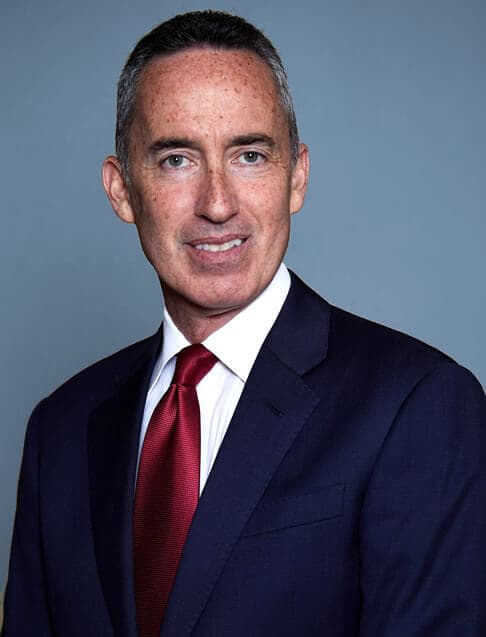
- Investigate the circumstances leading up to your loved one’s death.
- Gather the necessary medical records and documentation to establish liability.
- Handle all communications with the insurance companies.
- Advocate for your rights in negotiations or court.
Time really is of the essence due to New York's statute of limitations for wrongful death claims. Reaching out for legal help as soon as possible can make a significant difference in pursuing justice.
The absolute most important thing to remember is that laws can change in an instant. Regular citizens aren’t always aware of changes. The only way to get accurate, up-to-date information is to consult an experienced New York attorney.
Take the First Step Toward Justice
Losing a loved one in a nursing home setting is an unimaginable hardship. However, you don’t have to face the legal complexities of seeking justice alone.
At Queller Fisher, our compassionate and dedicated team of attorneys is here to guide you every step of the way. With over 25 years of experience in personal injury litigation and more than $1 billion recovered for our clients, we are committed to holding negligent parties accountable.
Call us today at 212.406.1700 to schedule a free consultation. You deserve answers, and we’re here to help you find them.
Schedule a Free Case Evaluation